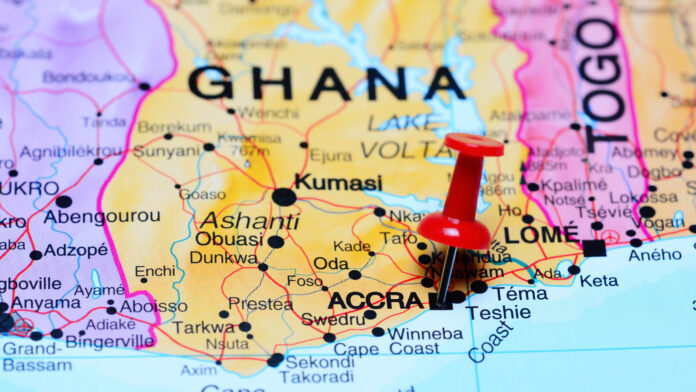
GHANA has announced its most comprehensive mining legislation reforms in nearly two decades, featuring shortened licence periods and mandatory direct revenue-sharing with local communities, said Reuters reporting on a government announcement Wednesday.
The proposed changes reflect a regional trend across West Africa where governments are restructuring mining codes to extract greater value from rising commodity prices, the newswire said. However, Ghana’s approach differs markedly from neighbouring Mali and Burkina Faso, where military administrations have implemented reforms retrospectively.
Lands and Natural Resources Minister Emmanuel Armah Kofi Buah said new regulations would only affect future contracts, stating existing agreements would remain honoured. Speaking in Accra on Wednesday, he confirmed the Minerals and Mining Act overhaul was 85% complete following extensive stakeholder consultation.
Ghana, Africa’s leading gold producer, anticipates output reaching 5.1 million ounces this year. Major operators include Newmont, Gold Fields, AngloGold Ashanti, Zijin, Asante Gold, and Perseus Mining. The nation also exports bauxite and manganese whilst planning lithium production, said Reuters.
Under the proposed framework, prospecting licences would lose their indefinite status, whilst mining lease maximums would be reduced from 30 years to shorter government-negotiated terms. Companies failing to meet environmental, social, or production requirements would forfeit automatic renewal rights.
The government plans to eliminate development agreements where companies channel funds to central authorities. Instead, firms must commit fixed percentages of gross mineral sales revenue directly to local development projects, addressing community grievances about limited mining benefits.
Additional reforms include establishing a three-tier mineral rights system with new medium-scale licensing to bridge gaps between multinational operators and artisanal miners, plus reducing stability agreements that currently provide investors up to 15 years of tax and regulatory protection, said Reuters.










